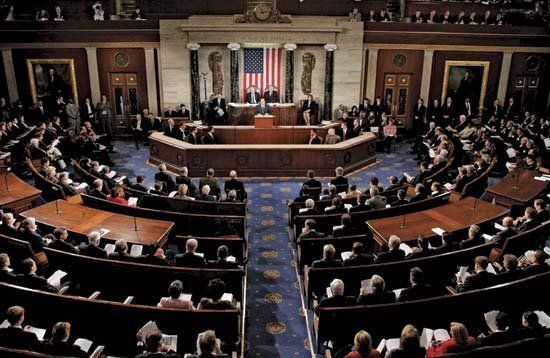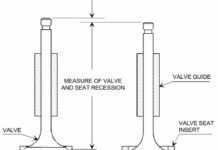
The U.S Senate’s version of FAA reauthorization legislation, introduced this week, includes measures supported by general aviation such as medical reform and streamlining for aircraft certification. Spinning off air traffic control services from the FAA, however, is no longer part of the picture after the House shelved its version of the bill. U.S. Sen. John Thune, R-S.D., chairman of the Senate Committee on Commerce, Science, and Transportation, introduced the bill(PDF) along with fellow committee leaders. The legislation, which would reauthorize the FAA until Sept. 30, 2017, will undergo discussion at a committee meeting on March 16. In the meantime, congressional leaders expect to pass interim legislation for the FAA as its current authorization expires this month. The legislation includes eliminating current third-class medical requirements for light aircraft, a top priority for GA advocates that had weathered congressional debate since it was originally proposed as part of the Pilot’s Bill of Rights 2. It also rolls in the FAA’s recently announced proposal to reform Part 23 certification rules and shorten the approval process for new aircraft.
The reauthorization bill also seeks to have the FAA complete the finalization of rules to govern commercial operations of unmanned aircraft, which have been in the works since the agency’s original proposal came out in February 2015. It calls for working with industry and other agencies to hash out safety and accountability issues. NASA would be tapped for a research plan on traffic management, while industry stakeholders would work with the FAA on ways of identifying and classifying drones, along with aspects such as “the feasibility of the development and operation of a publicly searchable online database” of registered unmanned aircraft.
Airspace modernization would undergo continued examination under the bill, which acknowledges industry concerns over the readiness of the ADS-B system and the task of equipping aircraft to comply with the FAA’s ADS-B Out mandate by Jan. 1, 2020. The FAA would have to provide regular updates to Congress on its readiness plan, justify its benefits to safety and efficiency, and update its contingency and security plans. The absence of a privatized ATC as well as user fees to fund such an entity makes the bill as it stands more likely to survive the committee process and make it to the Senate floor. “Many of the good things that appeared in the House version of FAA reauthorization legislation remain here, without the unacceptable language of ATC privatization,” said Jack J. Pelton, EAA CEO and chairman. AOPA President Mark Baker said the aeromedical changes and Part 23 rewrite will receive continued support. “We hope the Senate will move quickly to pass this legislation which could save general aviation pilots hundreds of millions of dollars, improve general aviation safety, and strengthen the GA industry.”


































